Michael Longley: Celebrated Irish Poet of Peace, Nature & Conflict
Introduction: Who Is Michael Longley?
Contents
Michael Longley, one of the most influential Irish poets of the 20th and 21st centuries, is revered for his lyrical mastery and poignant reflections on war, peace, and the natural world. Born in Belfast, Northern Ireland, in 1939, Longley’s work spans over five decades and bridges classical references with intensely personal and political themes. His poetic legacy remains deeply embedded in the heart of Irish literary culture.
Early Life and Education
Michael Longley was born on July 27, 1939, to English parents who had settled in Northern Ireland. Raised in Belfast, he was educated at the Royal Belfast Academical Institution before moving on to study Classics at Trinity College Dublin from 1958 to 1963. It was at Trinity that his lifelong dedication to poetry and the arts began to crystallize.
Literary Career and Influences
Longley’s poetry blends traditional form with modern subjects. Drawing on influences from Homeric epics, World War I poets, and Irish nature, he developed a distinct voice—tender, musical, and profound.
Key Themes in Longley’s Poetry:
- Reconciliation and Peace: Longley’s most famous poem, “Ceasefire”, published in 1994 during the Northern Ireland peace process, retells the story of Achilles and Priam as a metaphor for forgiveness and the human cost of conflict.
- Nature and Mortality: His poems often feature birds, flowers, and landscapes of Mayo and the Irish countryside as metaphors for life’s fragility and beauty.
- Mythology and History: Classical references serve as a framework for contemporary issues, from The Troubles to personal grief.
Major Works and Publications
Longley’s bibliography spans over 20 collections. Notable works include:
- “Gorse Fires” (1991) – Won the Whitbread Poetry Prize; examines themes of love, death, and the natural world.
- “The Weather in Japan” (2000) – Winner of the T.S. Eliot Prize, praised for its meditations on war and remembrance.
- “The Stairwell” (2014) – A poignant reflection on aging and the death of his twin brother, winning the Griffin International Poetry Prize.
Awards and Recognition
Michael Longley received some of the highest honors in the literary world:
- Queen’s Gold Medal for Poetry (2001)
- T.S. Eliot Prize
- Griffin Poetry Prize
- Whitbread Poetry Award
- Appointed Commander of the Order of the British Empire (CBE) in 2010
- Honorary titles from Queen’s University Belfast and Trinity College Dublin
In 2007, Longley was named Ireland Professor of Poetry, further cementing his position as a guiding voice in Irish literature.
Longley’s Role in the Arts Community
Beyond writing, Longley was a staunch supporter of the arts in Ireland. From 1970 to 1991, he served as Director of Combined Arts at the Arts Council of Northern Ireland, advocating for cultural enrichment during some of the country’s most turbulent years.
He was also a member of Aosdána, the elite Irish association of artists, and a key figure in the Belfast Group, alongside Seamus Heaney and Derek Mahon.
Legacy and Impact on Irish Poetry
Michael Longley passed away on January 22, 2025, at the age of 85. His death marked the end of an era, but his words continue to echo through generations of readers and writers.
His poetry endures not only for its beauty but for its courage—to speak softly about war, to honor grief with grace, and to find the divine in the everyday. For many, Longley is the poet who gently showed that peace is possible—even amid the scars of conflict.
Famous Michael Longley Quotes
“Poetry is a microscope that brings the minute into focus and a telescope that reveals what is far away.”
—Michael Longley
“My poetry comes out of silence and leads me back to silence.”
—Michael Longley
FAQs About Michael Longley
Q: What is Michael Longley best known for?
A: He is best known for “Ceasefire,” a poem inspired by Homer that reflects on reconciliation during the Northern Ireland peace process.
Q: What awards did Michael Longley win?
A: Longley won the T.S. Eliot Prize, Queen’s Gold Medal for Poetry, Griffin Poetry Prize, and Whitbread Award, among others.
Q: What themes did Michael Longley explore?
A: His poetry frequently explored peace, nature, classical mythology, love, war, and Irish identity.
Q: How did Michael Longley influence Irish literature?
A: He was a central figure in post-war Irish poetry, blending classical references with contemporary themes and inspiring future generations of poets.
Q: Where can I read Michael Longley’s poems?
A: His collections are available from major publishers, and select poems can be found on websites like Poetry Foundation and the Irish Times archive.
Conclusion
Michael Longley, Irish poet of immense grace and gravitas, leaves behind a body of work that will continue to inspire long after his passing. Through the soft power of words, he transformed pain into peace, memory into verse, and everyday life into something sacred. For anyone discovering him today, his poetry remains as healing, profound, and necessary as ever.
